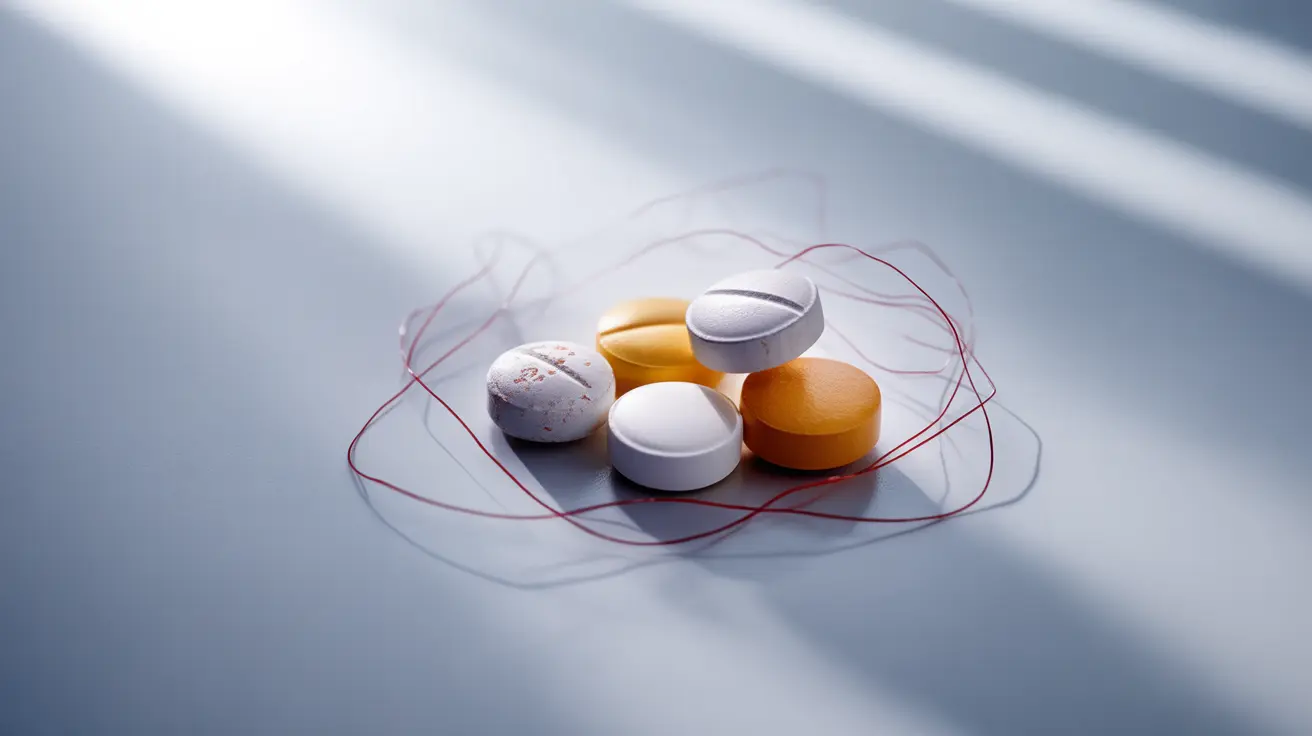Understanding the implications of combining blood-thinning medications is crucial for patient safety. Many people prescribed Eliquis (apixaban) may wonder about taking it alongside aspirin, as both medications affect blood clotting. This comprehensive guide explores the important considerations, risks, and safety measures when using these medications together.
Understanding Eliquis and Aspirin
Eliquis is an anticoagulant medication that works by inhibiting specific clotting factors in your blood. Aspirin, while commonly known as a pain reliever, also has blood-thinning properties by affecting platelet function. When used together, these medications can have compounding effects on blood clotting.
Medical Reasons for Combining Medications
Healthcare providers may prescribe both Eliquis and aspirin in specific situations, particularly for patients with multiple cardiovascular conditions. Common scenarios include:
- Acute coronary syndrome
- Recent heart stent placement
- Certain types of heart valve replacements
- Complex cardiovascular disease
Understanding the Risks
The primary concern when taking Eliquis and aspirin together is an increased risk of bleeding. This combination requires careful medical supervision and regular monitoring. Potential risks include:
- Internal bleeding
- Prolonged bleeding from cuts or injuries
- Increased bruising
- Gastrointestinal bleeding
Safety Precautions and Monitoring
If prescribed both medications, several safety measures should be followed:
- Regular medical check-ups
- Blood tests to monitor clotting factors
- Careful attention to signs of bleeding
- Immediate reporting of concerning symptoms to healthcare providers
Frequently Asked Questions
Can I safely take both Eliquis and aspirin together, and what are the risks?
While taking Eliquis and aspirin together can be safe under medical supervision, it carries increased bleeding risks. This combination should only be used when prescribed by your healthcare provider, who will carefully weigh the benefits against potential risks for your specific situation.
Why do doctors sometimes prescribe both Eliquis and aspirin, and when is this necessary?
Doctors may prescribe both medications for specific cardiovascular conditions, such as recent stent placement, certain types of heart valve replacements, or complex cardiovascular disease. The combination provides enhanced protection against blood clots in these particular situations.
What are the symptoms of serious bleeding to watch for if I am on Eliquis and aspirin?
Key warning signs include unusual bruising, prolonged bleeding from cuts, dark or bloody stools, pink or brown urine, severe headaches, unexpected dizziness, and coughing up blood. Seek immediate medical attention if you experience any of these symptoms.
Are there common over-the-counter medicines or supplements I should avoid while taking Eliquis to reduce bleeding risk?
Avoid NSAIDs like ibuprofen and naproxen, and supplements such as fish oil, vitamin E, and garlic supplements without consulting your doctor. These can further increase bleeding risk when combined with Eliquis and aspirin.
What should I discuss with my doctor before starting or stopping Eliquis and aspirin at the same time?
Discuss your complete medical history, all current medications and supplements, lifestyle factors, bleeding risk factors, and any planned medical or dental procedures. Never start or stop either medication without consulting your healthcare provider first.
Remember, the decision to take Eliquis and aspirin together should always be made under medical supervision, with regular monitoring and open communication with your healthcare team about any concerns or side effects.




